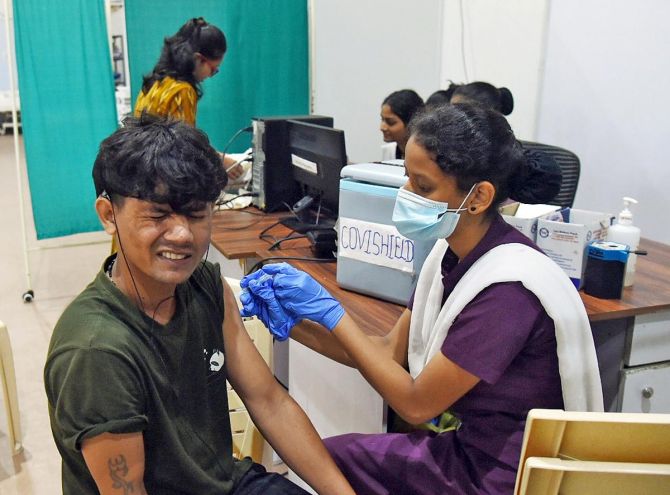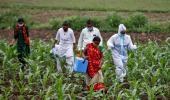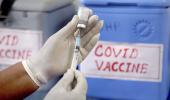Researchers in the United States have developed an easy-to-use test that can predict the degree of immune protection people have against COVID-19, either from vaccination, infection, or a combination of the two.

Easy access to this kind of test could help people determine what kind of precautions they should take against COVID-19 infection, such as getting an additional booster shot, the researchers said.
Described in the journal Cell Reports Methods, the test measures the level of neutralising antibodies -- responsible for defending cells from the virus -- that target SARS-CoV-2 in a blood sample.
"Among the general population, many people probably want to know how well protected they are," said Hojun Li from Massachusetts Institute of Technology's Koch Institute for Integrative Cancer Research, US.
"But I think where this test might make the biggest difference is for anybody who is receiving chemotherapy, anybody who's on immunosuppressive drugs for rheumatologic disorders or autoimmune diseases, and for anybody who's elderly or doesn't mount good immune responses in general," Li said.
Such people might need to be boosted sooner or receive more doses to achieve adequate protection, the researchers said.
The test is designed so that different viral spike proteins -- that help the virus to enter and infect the cells -- can be swapped in.
Doing so allows to detect immunity against any existing or future variant of SARS-CoV-2, the researchers said.
The researchers have filed for a patent on the technology and are now hoping to partner with a diagnostic company that could manufacture the devices and seek approval from the US Food and Drug Administration.
Currently, the gold standard approach to measuring immunity involves mixing a blood sample with live virus and measuring how many cells in the sample are killed by the virus.
That procedure is too hazardous to perform in most labs, so the more commonly used approaches involve noninfectious modified "pseudoviral" particles.
However, these approaches still require trained personnel working in a lab with specialised equipment, so they are not practical for getting immediate results. Li drew inspiration from at-home pregnancy tests, which are based on a type of test called a lateral flow assay.
Lateral flow assays generally consist of paper strips embedded with test lines that bind to a particular target molecule if it is present in a sample.
This technology is also the basis of most at-home rapid tests for COVID-19.
Li and his collaborates developed a device that can detect the presence of antibodies that block the SARS-CoV-2 receptor binding domain (RBD) from binding to ACE2, the human receptor that the virus uses to infect cells.
The first step in the test is to mix human blood samples with viral RBD protein that has been labelled with tiny gold particles which can be visualised when bound to a paper strip.
After allowing time for antibodies in the sample to interact with the viral protein, a few drops of the sample are placed on a test strip embedded with two test lines.
One of these lines attracts free viral RBD proteins, while the other attracts any RBD that has been captured by neutralising antibodies, the researchers said.
A strong signal from the second line indicates a high level of neutralising antibodies in the sample, they said.










